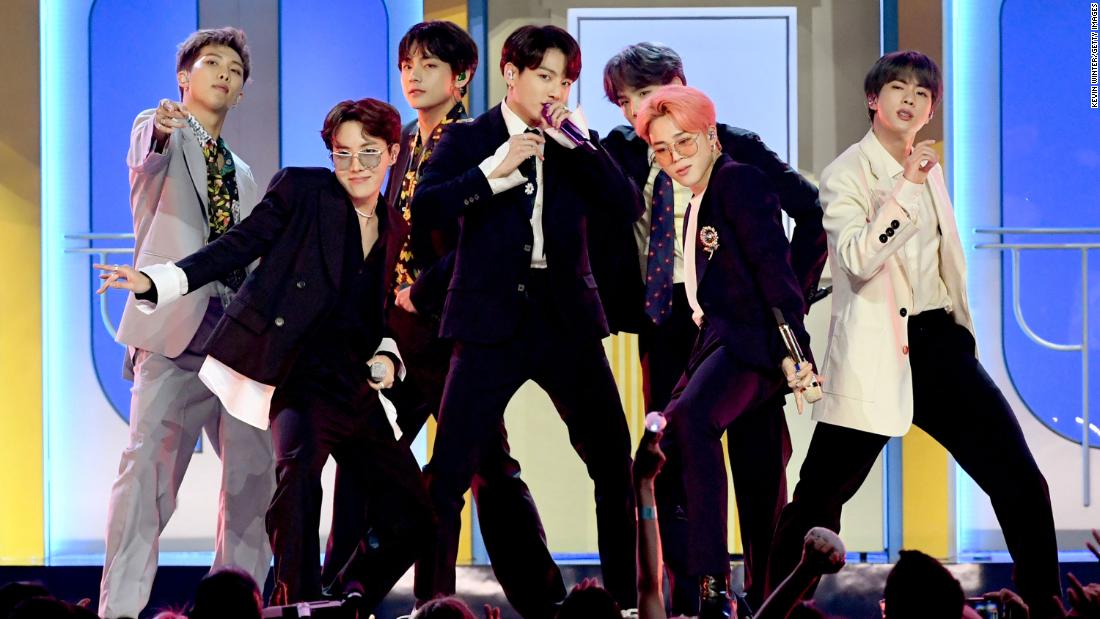
In the latest salvo in a decades-old lawsuit, the New Mexico Center on Law and Poverty is alleging the state Human Services Department is violating federal law by failing to provide translation and interpretation services to people who speak languages other than English.
As a result, the state is illegally denying or delaying food and medical assistance benefits to thousands of residents who are eligible to receive them, the center asserted in a motion filed Tuesday in U.S. District Court.
Department spokeswoman Jodi McGinnis Porter denied the agency is breaking the law.
“The Human Services Department is in compliance with the federal law, provides application materials in both English and Spanish and for other languages [and] interpretation services to applicants who need assistance,” she wrote in an email.
According to its federal partners, the Centers for Medicare & Medicaid Services and the U.S. Department of Agriculture’s Food and Nutrition Service, the department is “fully compliant with the required translation and interpretation services,” McGinnis Porter wrote.
“The motion is opposed,” she added.
The motion filed by the Center on Law and Poverty asks the court to order the department to translate food and medical assistance applications, notices and informational material and immediately provide access to interpreters for any language requested.
Verenice Peregrino Pompa, an attorney for the center, whose mission is to advance economic and social justice through education, advocacy and litigation, said everyone should have access to food and health care regardless of the language they speak.
“No one should be turned away or forced to pay for an interpreter out of pocket when applying or renewing food and Medicaid assistance from HSD, but that’s what’s happening,” she said.
The motion identifies a handful of cases in which people who don’t speak English or Spanish experienced problems obtaining benefits.
Among them is an elderly couple who do not speak or read English. The couple, proficient in Vietnamese, have repeatedly lost SNAP food assistance benefits for one to two months at a time because notices they receive from the department are in English.
“Their only source of income is $1,082 in Social Security benefits and they rely on SNAP food assistance to buy food,” the court document states.
Every time the couple receives a notice, the wife, who is 83 years old, must drive to a nonprofit organization called the New Mexico Asian Family Center to have staff explain the notice.
“This has been increasingly difficult and impossible at times during the COVID-19 pandemic as [the couple is] at high risk of health complications should they contract COVID-19 due to their age,” the document states.
Peregrino Pompa said the translation and interpretation services issue has been “especially critical” during the pandemic.
“HSD should be working with community members and plaintiffs in this case to resolve ongoing barriers to food and health care,” she said.
The case was filed in 1989 but started on Feb. 2, 1988 when Debra Hatten-Gonzales, then a single mother of a 12-year-old boy, walked into the state Human Services Department’s Income Support Division in Santa Fe to apply for welfare benefits after her monthly income as a janitor dramatically fell.
Three weeks later, Hatten-Gonzales was told she would need to provide more verification to receive the benefits. But no one informed her she would have been eligible for emergency food stamps within four days of her application, even without such verification.
The incident prompted a class-action lawsuit that bears Hatten-Gonzales’ name and led to a 1990 consent decree ordering the department to revamp its assistance programs for needy families.
“That was … many years ago, and we are still working on enforcing the settlement decree,” Peregrino Pompa said. “That’s what this motion is about. It’s about enforcing the settlement decree, which already requires HSD to provide language access.”




